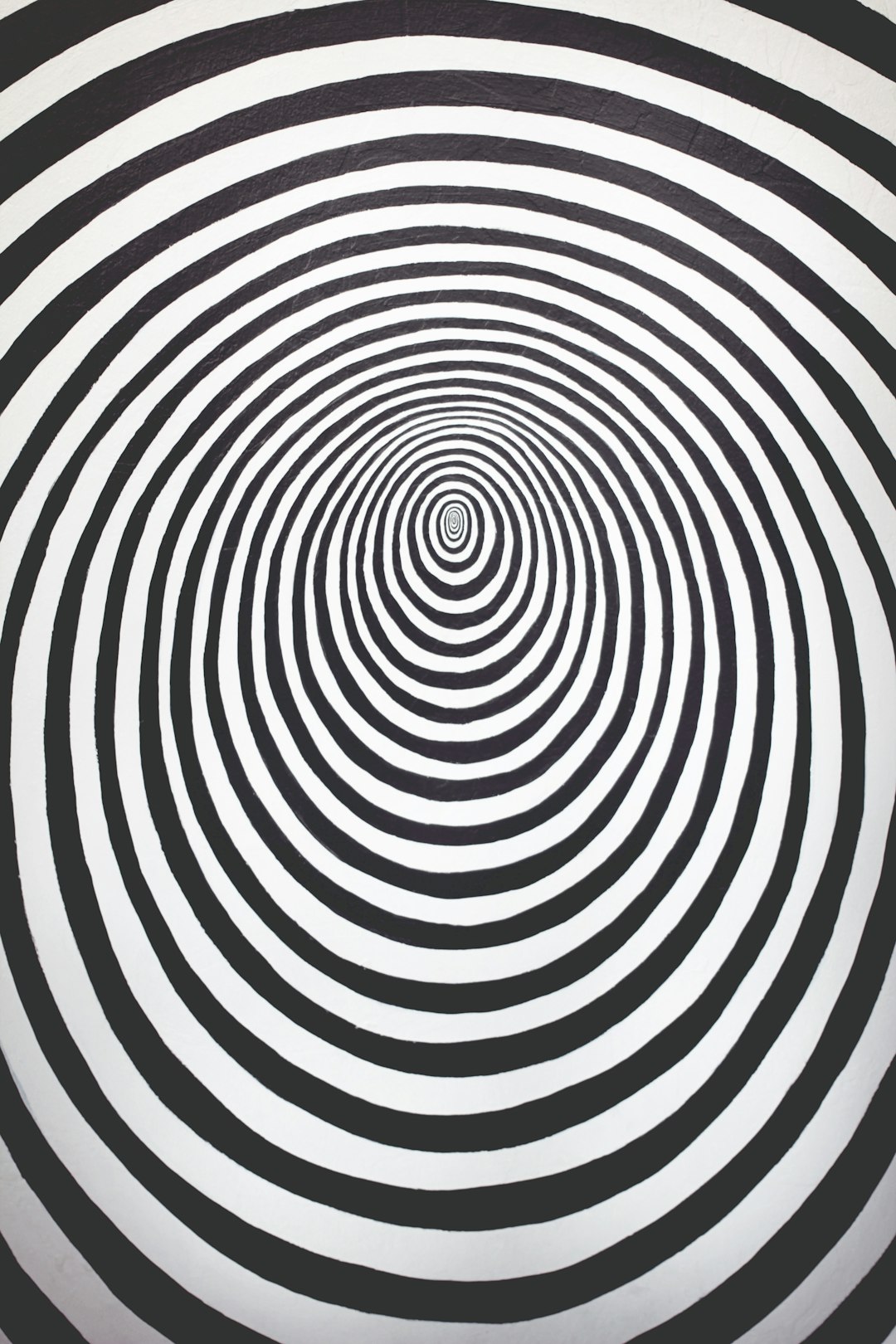"How to Change Your Mind" Review
My reflections on episode one of the Netflix series,"How to Change Your Mind: LSD".
Some topics still have a stigma around them. It is fascinating to see how propaganda can carry throughout time. In episode one, the Netflix documentary, “How to Change Your Mind” highlights individuals like Richard Nixon, who engrained negative perspectives into our mind about LSD. Even today, when I hear about topics like mushrooms, LSD or psychedelics, it seems as though we are walking on thin ice.
Perhaps, some of that is warranted. Perhaps we were a bit too flippant in the 1950s and 1960s. The saying "Turn on, tune in, drop out" does not come with great connotations and Timothy Leary probably went too far. The episode reminds us that as a society, as a culture, and as a community we are flawed. We probably rushed too quickly to give psychedelics to the world. After that, we were probably too harsh by making it a schedule one drug. That said, the exact same system allowed doctors to hand out dangerous opioids. 1 Now, we find ourself in an overdose crisis. The moral of this story is that if we are going to have these conversations, or prescribe medications, we must do so with the utmost care.
So far, it feels like we are moving in the right direction. Movies like Fantastic Fungi and the new Netflix series “How to Change Your Mind” are careful, yet mind-boggling nonetheless. We have public intellectuals such as Paul Stamets, Michael Pollan, and Suzanne Simard who are growing in popularity and are very relatable. They do not talk down to the audience, they inspire us to think differently about psychedelics and nature.
The episode is around 50 minutes long, and in the early parts they discuss tobacco. Michael Pollan explains that in the typical contexts where tobacco is used - it can cause cancer. However, it can be medicine in another context. It appears he inhales the tobacco through his nose, and begins to shake. He describes the experience as releasing negative energy and having a storm flow through him. I know within my Indigenous culture, tobacco is an important plant and it made me wonder if we used it in this way. Currently, within my culture we certainly use tobacco to give thanks when we take from the land, as an offering.
One huge takeaway for me in the first episode was learning about Bill Wilson, who was the co-founder of Alcoholics Anonymous (AA). I have worked with many clients in the court system and have seen participants swear by AA and their sponsor. Most people believe the roots of the organization are nested in Christianity. In the docuseries they explain the roots for co-founder Bill Wilson was actually an LSD trip.
The ties actually make sense. In episode one, the participants highlight how they become acutely aware that they are present, that they are here today and should be thankful. In Alcoholics Anonymous, there is a common term “having an attitude of gratitude”. A common bible verse is, “Give thanks in all circumstances”. In Indigenous culture, we say a prayer of thanks and forgiveness to all our relations. 2 One of the hallmarks of various belief systems is to be grateful.
The episode puts forward a proposition that these chemicals, these drugs, these tools could be used to increase the meaning we find in our lives and truly recognize how lucky we are to be here in the present moment. I must admit, I have a bias for thinking we can reach these states of humility and gratefulness through hard work and careful reflection. At first glance, these tools seem like a shortcut. Yet, the series shows that the work is not easy - no matter the path.

If I put my foot in the shoes of someone struggling with anxiety, depression, or loneliness - I think I would feel a sense of hope after watching the first episode. In my opinion, the episode left me feeling optimistic about how interconnected we are as people, how magnificent our world is, and how we miss so much of what is going on around us.
I give this first episode a 10/10. The episode covers a wide range of topics, and gives insights on the human condition, the flaws in our culture, the potentials of new medicines, and the importance of having brilliant thinkers guide our discussions. The episode highlights brilliant individuals who are serious scientists, not bringing in bias, who are trying to share the best medicines with the individuals most in need.They use amazing cinematography, and a deeper understanding on what the experiences are like. After all, that is a question individuals like I have after watching documentaries like Fantastic Fungi.



